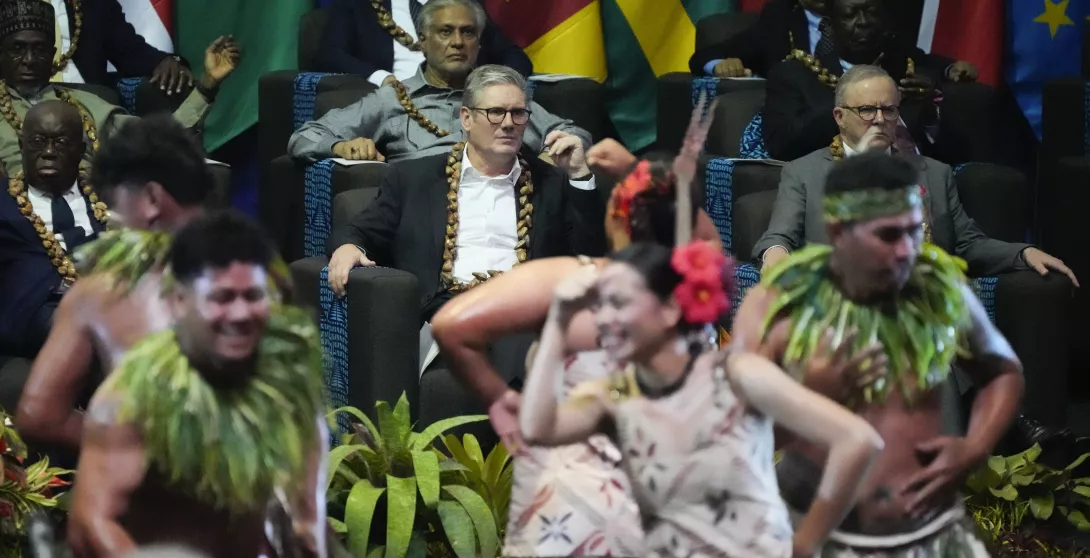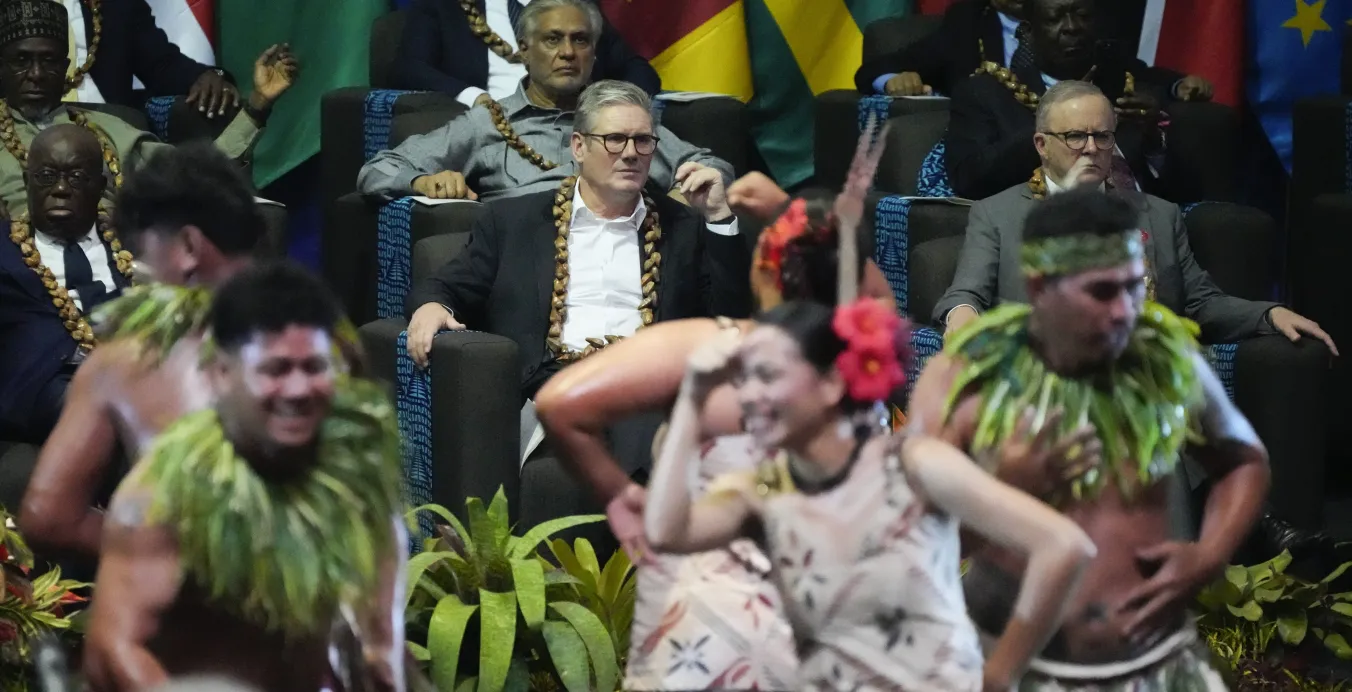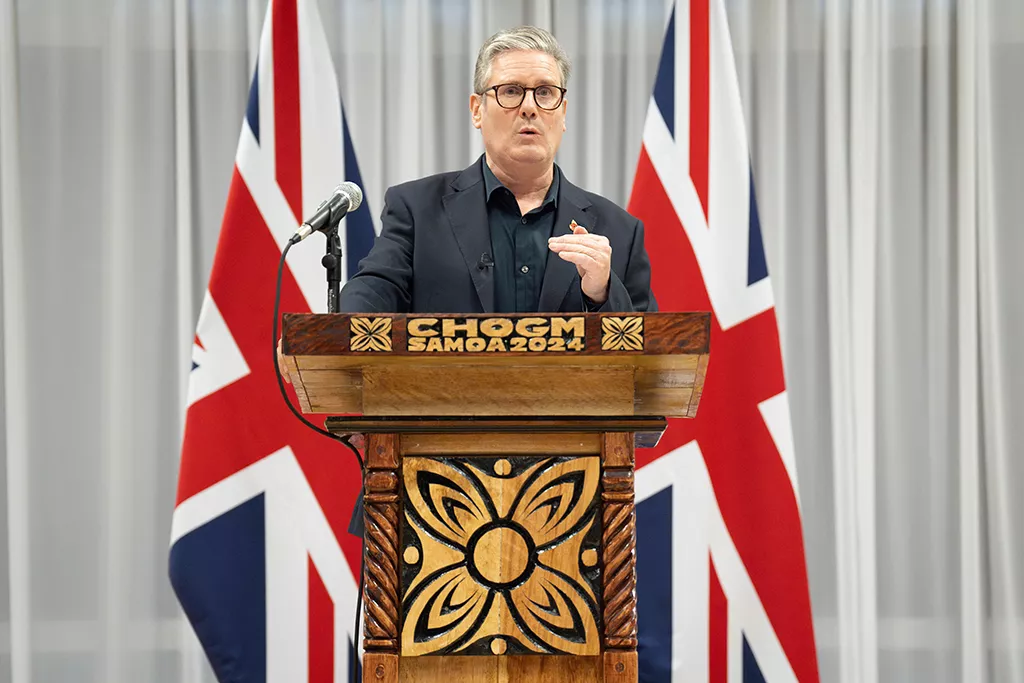
THE position of Prime Minister Keir Starmer and the British government that the question of reparations in relation to the slave trade in the 18th and 19th centuries should not be on the agenda of the Commonwealth Summit in Samoa or even an issue for consideration is simply untenable.
Keir Starmer said last week that he wants to be “facing forward” rather than have “very long, endless discussions about reparations on the past.”
However, the Prime Minister fails to acknowledge that the consequences of the slave trade remain with us to this day. The wealth and prosperity of the property-owning class in Britain were, in large measure, built upon the expropriation of cheap labour in the form of slaves, treated with inhumane cruelty as property rather than sentient human beings.
The fact that the privileges those in the upper echelons of British society enjoy are based upon the trade in human lives cannot simply be swept under the carpet and consigned to a historical anomaly.
It is not just in the wealth enjoyed by the privileged few that the past is still with us. Symbols of slavery persist in the monuments and commemorations which are part of civic life and in the museums, of which Britain is so proud, upon which much of the heritage tourism which supports the hospitality sector is based.
The British Museum alone is a vast warehouse of looted and stolen cultural artefacts plundered from across Africa and other British colonies. Many artefacts are not even displayed, while the cultural significance for indigenous communities is often ignored or misunderstood in the labelling and interpretation of exhibits which are visible.
Such realities cannot simply be ignored, and it is incumbent upon the British government to show some leadership by being open to a discussion about how the question of reparations may be handled. It is all very well for King Charles III to talk about tackling “enduring inequalities,” but as a living symbol of that endemic inequality, his words have a hollow ring.
It may not be realistic to expect Britain to find the £18 trillion UN judge Patrick Robinson last year suggested that Britain owed for historical involvement in slavery in 14 countries. That does not mean, however, that nothing can be done or that the issue of reparations cannot be on the agenda at all.
The African Union, which also includes former French, Spanish and Portuguese colonies, has joined forces with the Caribbean Community (Caricom) to put pressure on former slave-owning European nations to engage with the reparations movement. Caricom has drawn up a 10-point plan for reparatory justice.
Liberation believes that this plan should at least form the basis for a wider discussion about the issue of reparations and how European nations, including Britain, can engage in a process of reparatory justice. A blanket refusal to discuss the issue or to take any action is simply not good enough.
Liberation, founded in 1954 as the Movement for Colonial Freedom, campaigns against colonialism and imperialism — Liberationorg.co.uk.
















